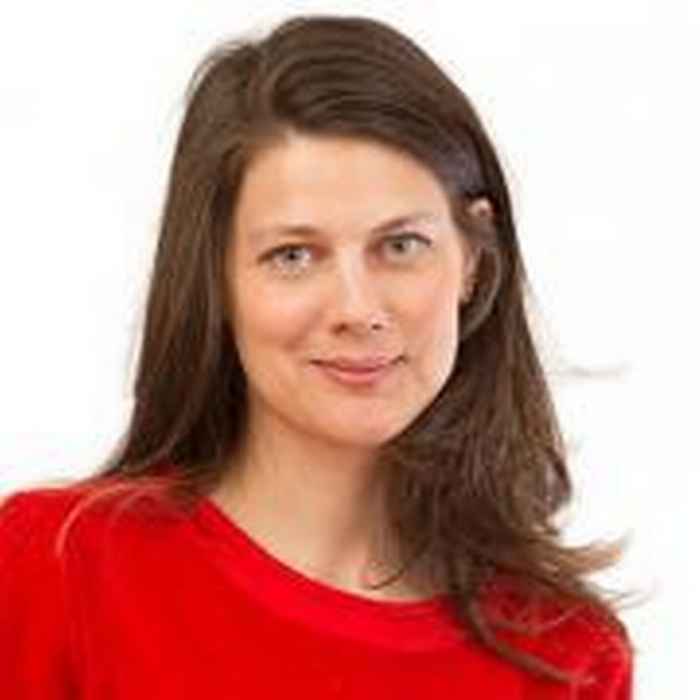Toward a History of Grassroots International Law: Was the Road Taken?
ACIL Lecture Series: Dr Doreen Lustig
- Date
- 8 February 2021
- Time
- 15:30 -17:00

Abstract
This paper seeks to unravel how the primacy of governments—and, to some extent, of experts— as agents of semantic authority consolidated in the theory and practice of international law. It examines the lost history of an alternative: the influence of non-expert civil society on international law. The paper does so by focusing on the activities of, and the reactions to, one of the most influential civil society movements in the international life of the nineteenth century - the Anglo-American peace movement.
Many of the ideas and practices of the Anglo-American peace movement, such as free trade, the importance of arbitration, codification or the congress of nations, were eventually institutionalized as part and parcel of international law. Yet, more fundamentally, these initiatives, promoted on behalf of dispersed majorities and marginalized groups offered an alternative vision for a legal and political international terrain where they could voice their concerns and promote their perspectives. While these alternatives were eventually dismissed as unsustainable utopias, their short rise to prominence highlights the possibility of an inclusive democratic model of international law. In the paper I ask whether these peace societies of the nineteenth century were an attempt to follow different legitimation paths that don’t resonate with our familiar view of state consent? Why did their approach to international law-making not prevail? How, if at all, did the struggle between this and competing visions of international law shape the attitude to civil society? How did it inform the prevailing approach to international law-making?
The history of the early nineteenth century inclusive model of international law problematizes conventional accounts on international law and the role of expertise and of civil society. First, the rise of the international legal discipline could be interpreted as a rejection of a democratically oriented model of international law in favor of a more exclusive, expert-based approach to international lawmaking. Second, scrutinizing nineteenth-century grassroots initiatives deciphers the moment when the notion of civil society was formed as external to the process of international lawmaking. It links the positivist turn in international law to governments’ wish to secure their authority as the sole regulators in the international terrain and at the same time consolidate their power domestically.
Indeed, the experiments of the Anglo-American peace movement may have limitations as a viable mechanism for international lawmaking and yet exploring its practices, ideas and strategies may instill our international legal theory and imagination with alternative visions for civil society participation and enable the integration of new possibilities to the horizon of our expectations from international law.
Speaker
Doreen Lustig is an Associate Professor at Tel Aviv University, Buchmann Faculty of Law. She is a graduate of Tel Aviv University (B.A.Sociology and Anthropology `04, LL.B. Law `04) and NYU Law School (LL.M. `06, J.S.D. `12). In 2004-2005, she clerked for The Honorable Eliezer Rivlin, Justice of the Supreme Court of Israel. She is a winner of the 2005 Hauser Research Scholar Fellowship, a former IILJ (Institute of International Law and Justice) Fellow and a winner of the 2019 Zeltner Prize in the category of junior legal scholar. Lustig is the Chief Editor of the Tel Aviv U. Law Review and a Member of the Editorial Board of the European Journal of International Law.
Lustig’s primary research and teaching interests include the history and theory of international law, political economy and the law of democracy. Her other areas of interests are comparative constitutional history, regulation and global governance.